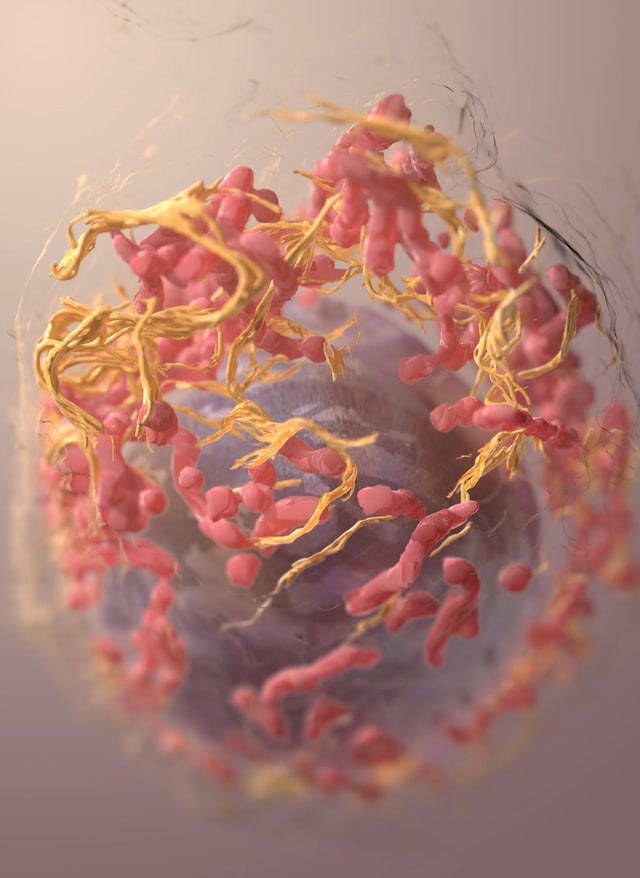For almost two years now, medical experts have been issuing warnings on lower than normal cancer screenings due to the COVID-19 pandemic. The full effects may not be felt for years, but researchers are anticipating a cancer surge.
In the spring of 2020, the world stopped. As uncertainty, and a virus, swept the planet, economies came to a halt, people stayed home, and medical practices canceled in-person visits and regular treatment appointments. That included cancer screenings, a vital element in identifying common cancers like breast cancer and others that are normally scheduled based on patient age or other risk factors.
How Have Cancer Screenings Been Affected By COVID-19?
Those delays and disruptions lasted longer than anticipated and screening rates still haven’t gotten all the way back to pre-pandemic levels.
In 2020, colonoscopy screenings fell by half from 2019 levels. Prostate biopsies fell by 25%. Globally, cancer diagnoses fell by as much as 23%. That striking drop in diagnoses wasn’t to do any change in the actual cancer rate; patients just weren’t being tested or screened. The delay in identifying cancer early can have a dramatic impact on the patient’s outcome; a delay of four weeks can increase the risk of death by as much as 13%.
Access to healthcare of any kind became more challenging as millions of Americans lost their jobs and the employee insurance programs attached to them. Without insurance and often without a steady income to meet out-of-pocket expenses, patients that sought treatment or screenings may have simply been unable to pay for it.
The Impact of Delayed Cancer Screenings
For many, it’s a game of numbers. For every 10,000 patients waiting for their screening due to an overwhelming backlog of appointments, at least some have cancer. Those patients may be a simple surgery away from health now but could face surgery and other treatments after they finally see a doctor. Some of those patients will die from a tumor that would have been removed in a simple surgery if found weeks or months earlier.
One of the key factors in screening is having a primary care physician make recommendations and order these kinds of tests. Research shows that many Americans no longer have a primary care doctor, which means they may not be getting all of the screenings they need.
By advocating for more cancer screening and more access to affordable care, we may still be able to reduce the eventual surge of cancer diagnoses doctors are anticipating. We also need to expand coverage to give these patients the care they need in the years ahead. The real distinction to be made is whether these deaths, not caused by but associated with COVID-19, become a sort of asterisk to the 900,000 American lives lost to the pandemic.
Learn more about the importance of cancer screening from the CDC.
Get committed to cancer prevention and get involved with lesscancer.org.
Doctors Are Worried About a Cancer Surge was originally published in Less Cancer Journal on Medium, where people are continuing the conversation by highlighting and responding to this story.


Leave A Comment
You must be logged in to post a comment.